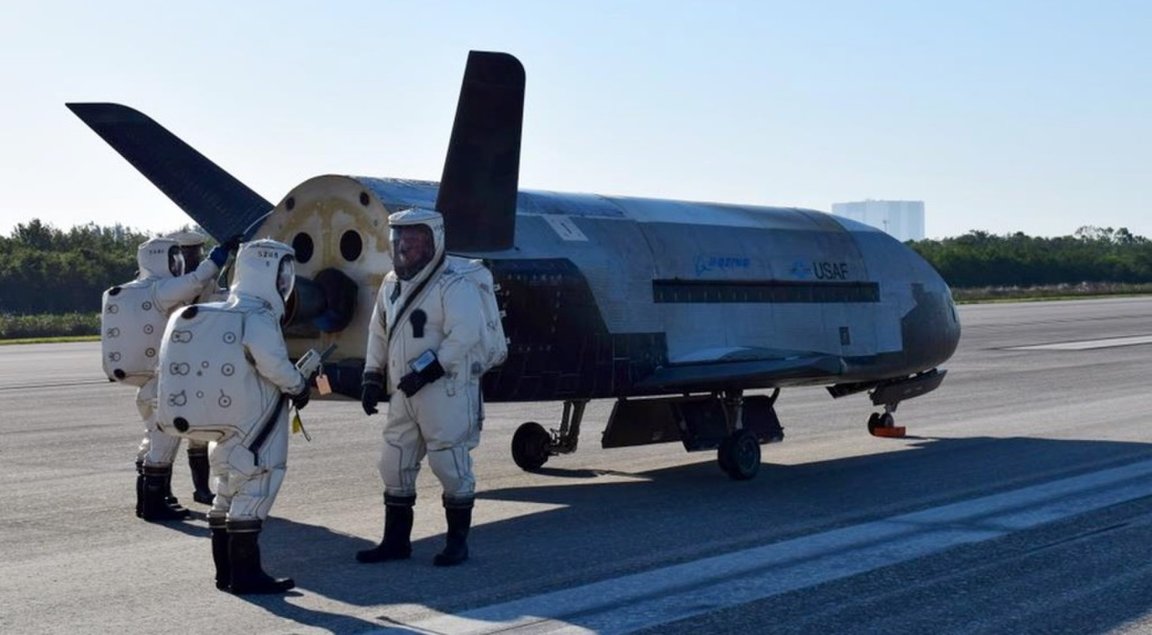
No Space
Congressional negotiators cut short on Wednesday the supposed plans for the creation of a sixth branch in the United States Armed Forces dedicated for space defense. The United States Space Corps (USSC) was part of a bill, H.R.2810, that the U.S. House of Representatives passed in July, to amend the National Defense Authorization Act (NDAA). Now, the agreed compromise defense authorization plan proposes a $700 billion budget for the 2018 fiscal year, but without the creation of a space branch of the military.
Originally, proponents of the USSC saw it as a necessary improvement to modernize or future-proof the military, with space increasingly becoming an important aspect of defense. For one, a space corps could secure U.S. satellites from possible interference, or eventually keep us safe from incoming asteroids. As a more forward-looking measure, a “space corps” could make sure the U.S. stays ready for whatever challenges a broadening space exploration might bring.

Early on, however, the creation of the USSC has met with some reluctance and even outright opposition, particularly from the White House itself and from Pentagon chief Jim Mattis. The creation of a space corps, they argued, would just add an unnecessary level of bureaucracy. Instead of a space corps, the revise bill would simply introduce technical changes in the U.S. Air Force’s existing space programs, according to a report by DefenseNews.
Budget Items
Without a space corps in the pipeline, what does $700 billion afford the armed services?
The total budget is split accordingly: some $626 billion would go to base defense funding, with a $66 billion contingency for overseas operations. The plan also proposes a boost in active-duty and reserve military personnel strength, adding 8,500 new soldiers, 5,000 new sailors, 5,800 new airmen, and 1,000 new active-duty Marines — for a total of some 20,000 new service members. Troops would also get a 2.4 percent pay raise for 2018, which is 0.3 percent higher than what U.S. president Donald Trump proposed. If this is carried over, it would be the largest pay increase for military personnel since 2010, DefenseNews notes.
Apart from these, the bill includes the so-called “Amazon amendment,” which would allow for certain military procurements to be conducted online, potentially making the process simpler and more cost-effective. Speaking of purchases, the plan also suggests buying five more ships than what president Trump’s budget asked for, plus provisions for the Air Force fleet build-up he suggested, and for some new Army helicopters.
The defense plan compromise, which is expected to receive a final full congressional approval from both the House and the Senate in the next couple of weeks, proposes a sizable enough increase in defense spending, which lawmakers have argued to be necessary. However, the $700 billion proposed cost has to be reconciled with existing spending caps.